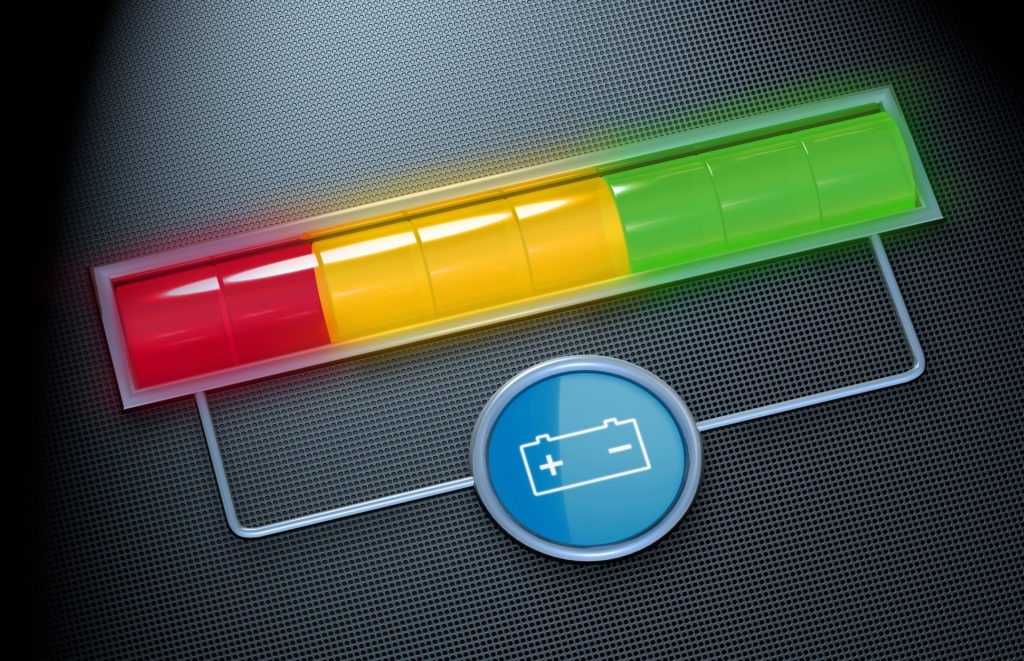Electric vehicles (EVs) are developing at an incredible rate. Their efficiency and range keeps rocketing forward. But no matter their range, all EV batteries need to be recharged eventually. Unless of course, the spent power-storage unit could simply be exchanged for a full one? This is a concept gaining increasing traction in the world of mobility.
Bosch, Mitsubishi and Blue Park Smart Energy (BPSE) will collaborate on a new battery-as-a-service business model aimed at commercial fleets. It will utilise the German supplier’s battery-in-the-cloud technology, the Japanese carmaker’s service-commercialisation capabilities, and the Chinese company’s battery-swapping platform.
Elsewhere, Gogoro has unveiled what it called the ‘world’s first swappable solid-state battery prototype for EVs.’ Jointly developed with ProLogium Technology, the system is intended for two-wheeled vehicles and integrates with Gogoro’s existing swapping network.
Commercial-fleet battery swapping
Mitsubishi, Bosch and BPSE recognise the demand for electrification is growing with each passing day. But the upfront cost of deploying an EV fleet, charging downtime and battery uncertainties are some of the major factors holding back the electrification of commercial fleets. Swapping technology could be a potential solution, allowing operators to maximise the usage of their EVs.
So, under the trio’s collaboration, Bosch’s battery-in-the-cloud will continually monitor and analyse power-storage units using artificial intelligence (AI). This will provide control to the battery, meaning maximised life and performance while also optimising fleets’ total cost of ownership (TCO).
The trio is looking to develop and provide a service to detect and predict the health, capabilities, and optimal usage of batteries. All this insight can help reduce the major factors preventing EV adoption as well as the utilisation of batteries on the used market, resulting in reduced fleet TCO.
Swappable solid-state batteries
Solid-state batteries (SSB) are a long-awaited technology, holding the potential to reduce the size and weight of the power-storage unit, while also increasing its density. The expectation is that SSB lithium-ceramic batteries are the next evolutionary step on from lithium-ion chemistry. But the Taiwanese company did not stop there, it decided SSB should also be swappable.
‘Gogoro is unveiling the world’s first solid-state battery for two-wheel battery swapping because it is imperative we take advantage of the latest battery innovations to introduce a new era of electric transportation growth and adoption in our cities,’ said Horace Luke, founder, chairman, and CEO of Gogoro.
‘We partnered with ProLogium Technology, a global leader in solid-state battery innovation, to jointly develop this new battery that delivers higher energy density for better range, improved stability and safety, and is reverse compatible with all existing Gogoro-powered vehicles,’ he added.
The Gogoro Network is an open and interoperable battery-swapping platform for lightweight urban vehicles. It has been designed to be smart, scalable, and dynamic. It has more than 450,000 riders and over 10,000 battery swapping stations at over 2,300 locations. This allows it to host 340,000 daily swaps, powering 95% of electric two-wheeled vehicles in Taiwan. With such advanced technology available for two-wheelers, surely the same developments for larger vehicles cannot be far behind.


 Close
Close